Despite its popularity, TikTok could be banned if the Protecting Americans from Foreign Adversary Controlled Applications Act becomes law. As expected, users and creators are concerned about the app’s future and the position of Congress.
The TikTok ban took a massive step forward this March when the House of Representatives voted on the bill. Still, there’s a long way to go before the app is excluded from digital stores in the U.S. That doesn’t mean users and creators can relax as understanding the controversy might help them prepare for an eventual migration to another platform.
For creators, in particular, it’s time to be as informed as possible because the TikTok legislation might profoundly affect their income. But why exactly does Congress want to ban TikTok? And what are the most important things creators need to have in mind?
Why is Congress deadset on establishing a TikTok ban?
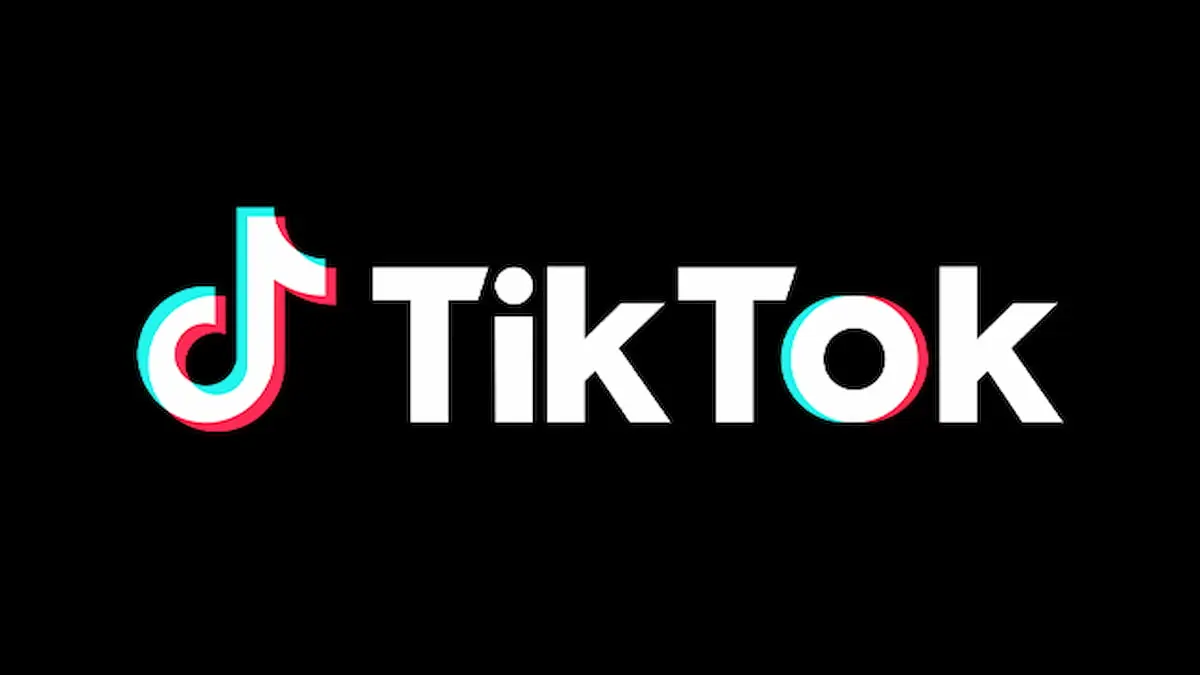
For the past few years, U.S. legislators have been worried about the influence foreign apps might have on the country’s data security and the potential impact that social media might have on internal affairs. These are critical questions to discuss in an age where everyone carries all their data in a cellphone, which explains why the House has approved the TikTok ban by an overwhelming majority of 352-65.
In the case of TikTok, the U.S. government fears that the Chinese government might use the data of almost 150 million American users for its own interests. That can happen because TikTok belongs to its Chinese parent company, ByteDance. Since the Chinese government keeps tight control over the country’s information flow, ByteDance could be forced to disclose all of its users’ data if requested by authorities. The worldwide battle for national sovereignty is already being fought by hackers – there’s no reason to add the facility of having easy access to citizens’ personal data to the list as well.
In addition to data security concerns, the U.S. government fears the Chinese government could use TikTok to affect the results of elections and other important national events. It’s undeniable that we all consume a lot of information through social media, and the things we like and follow help each one of us shape our ideals and goals. So, if a company changes an app’s algorithm to show only specific points of view to its users, it could help direct the political future of an adversary country.
These strong arguments convinced most representatives to vote for the TikTok ban. After this, the bill must also be approved in the Senate before going to the White House. Only after the White House validates the bill will it become law. That means we still have a few months before getting any final decision regarding TikTok. Nevertheless, creators must prepare for any outcome.
What creators should remember about the TikTok ban
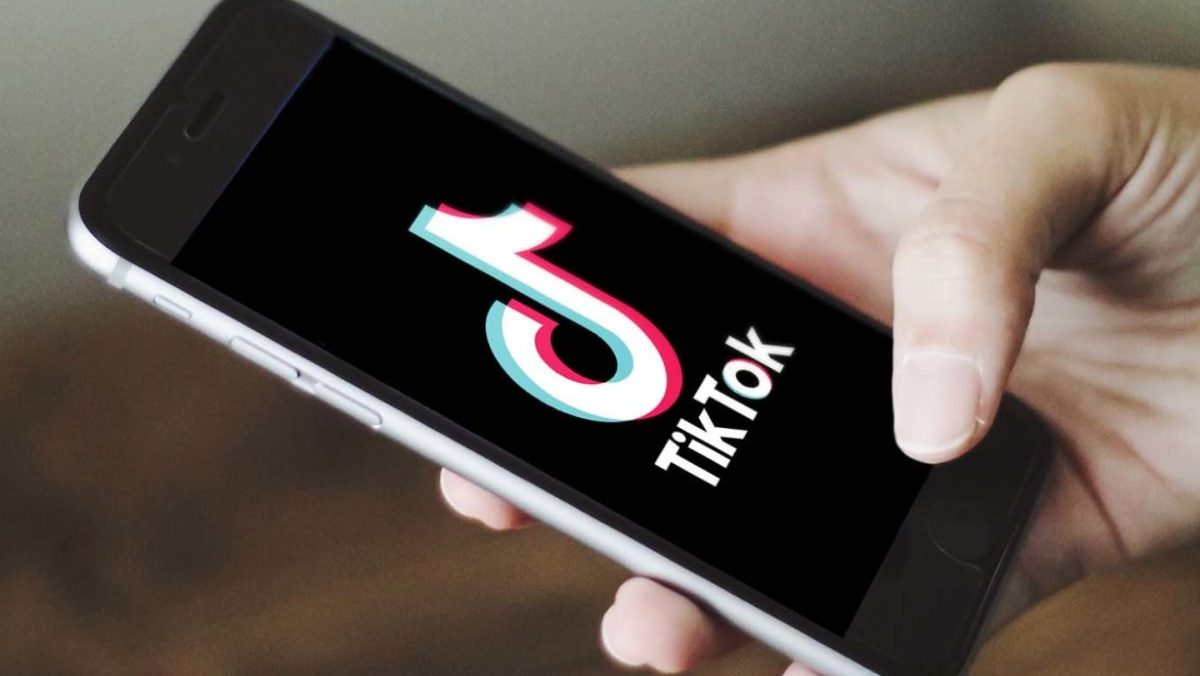
In the digital era, being an influencer is the primary source of income for hundreds of Americans. Given TikTok’s popularity, many creators use the app to reach their audience and pay their bills. In these trying times for TikTok creators, it’s important to remember a few essential things.
#1 – Creators must be aware of privacy concerns
While there are many valid arguments against the ban on TikTok, creators shouldn’t dismiss every privacy concern. Personal data is valuable because it can measure consumer habits, give companies more control over people, or even feed the digital networks of identity theft and fraud. Apps and companies must ensure their users’ data will be safely stored, or the results can be catastrophic. Even when taking a stand against the TikTok ban, creators should be aware of these issues and demand clear policies from companies about the use of personal data.
#2 – It’s essential to look for TikTok alternatives
There’s no telling if the TikTok ban will be approved. First, an American company could buy the app, rendering the bill useless. Furthermore, senators willing to sway the public in their favor in an election year might block the bill to appease young voters. The same might go for presidential candidates, who’ll undoubtedly have much to say about TikTok while trying to convince people to vote for them. Still, creators should start experimenting with U.S.-based alternatives to TikTok. Understanding these alternative tools might mean the difference between keeping an income or completely losing their audience.
#3 – Creators have to diversify their content strategy
Many creators are concerned about a possible TikTok ban because the app is their only source of income. Regardless of whether the bill passes or not, this is a teaching moment for all creators, as it’s clear that diversifying their content strategy is the right formula for success. Instead of spending all their time and energy on a single platform, creators should spread their content, incentivizing their audience to consume different products in different places. Versatility is crucial to survival in the digital world, something that the looming threat of a TikTok ban has once again proved.
#4 – Following the latest TikTok news is a must
It’s not always easy to understand the path of politics in the U.S. Yet if TikTok creators want to survive, they must follow the news and stay informed about the latest developments on this issue. There’s no possibility to simply wait and see what will happen, as creators can only anticipate changes and reassure their audiences by keeping up to date with the TikTok legislation.
#5 – Being transparent with the audience is crucial
Most U.S. citizens are still confused about the TikTok ban and why Congress is eager to approve it. As it happens when any controversy arises in the internet era, more fake information circles around the Protecting Americans from Foreign Adversary Controlled Applications Act. In times like this, it’s important to underline that creators are also influencers capable of feeding misinformation or helping people to better understand the world around them.
While some people will fall into the temptation of easy clicks, it’s essential to be transparent with the audience. Creators who address their audience respectfully and honestly will reap public trust, which will be necessary to stay afloat as the social media scenery drastically changes. Furthermore, beyond the obvious concern with income, creators should also face the discussion surrounding the TikTok ban as a moment of civic reflection, where they can actively help define the country’s future.

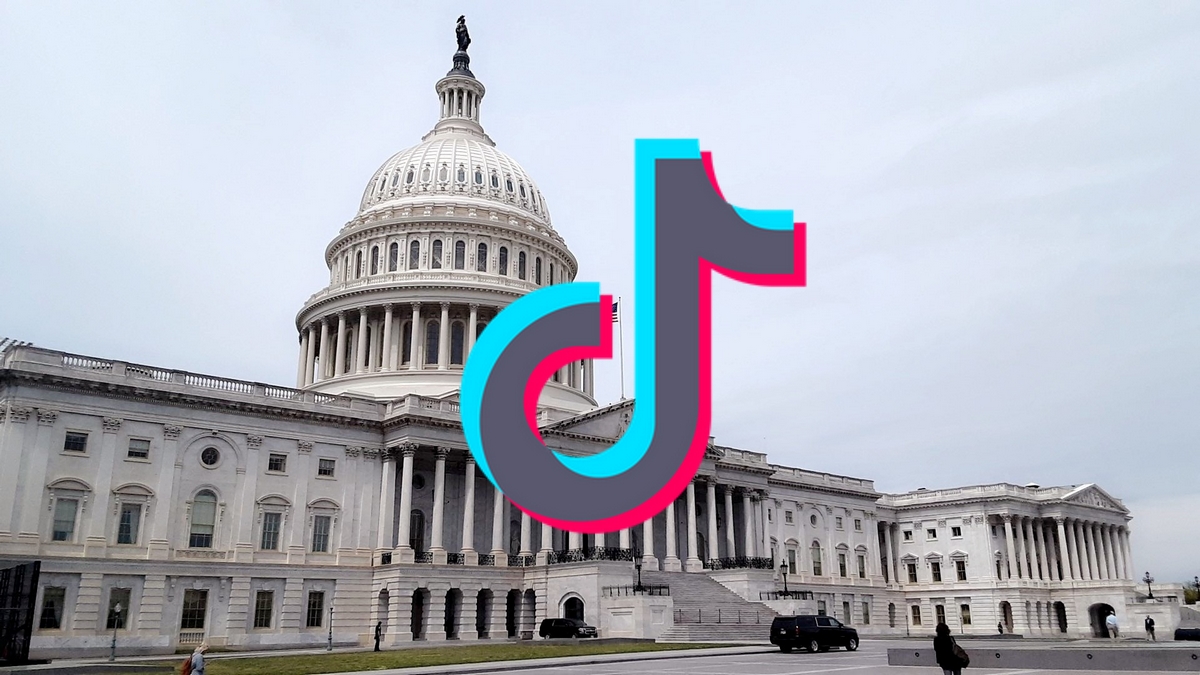
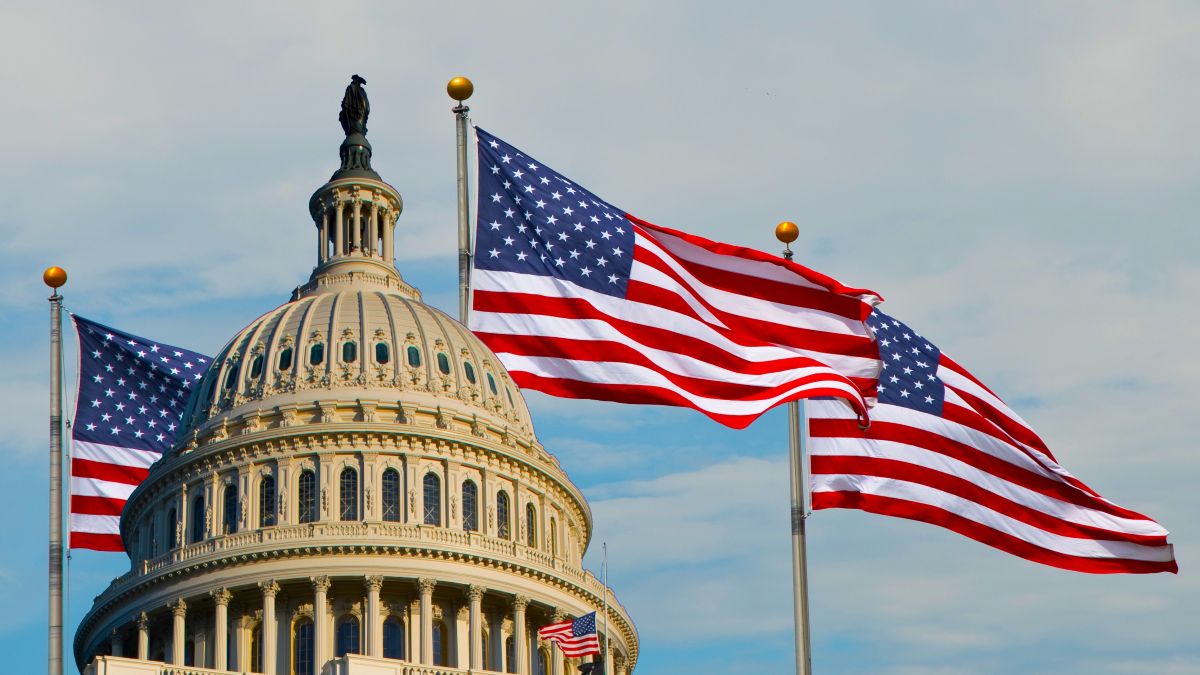

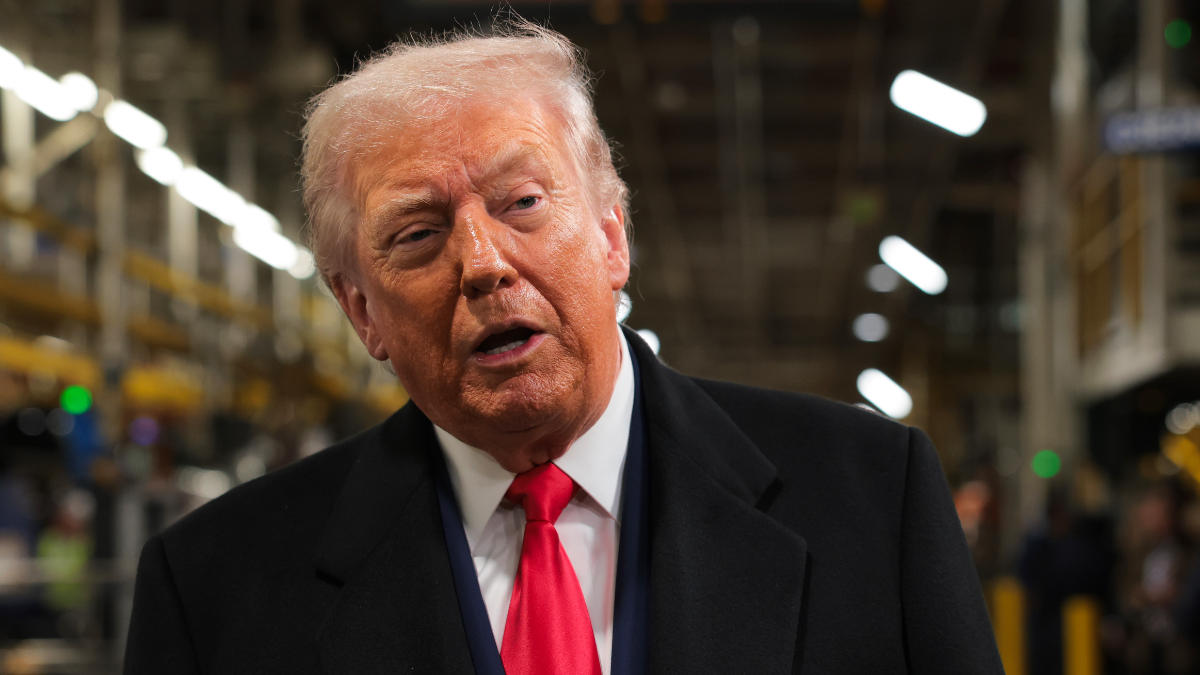

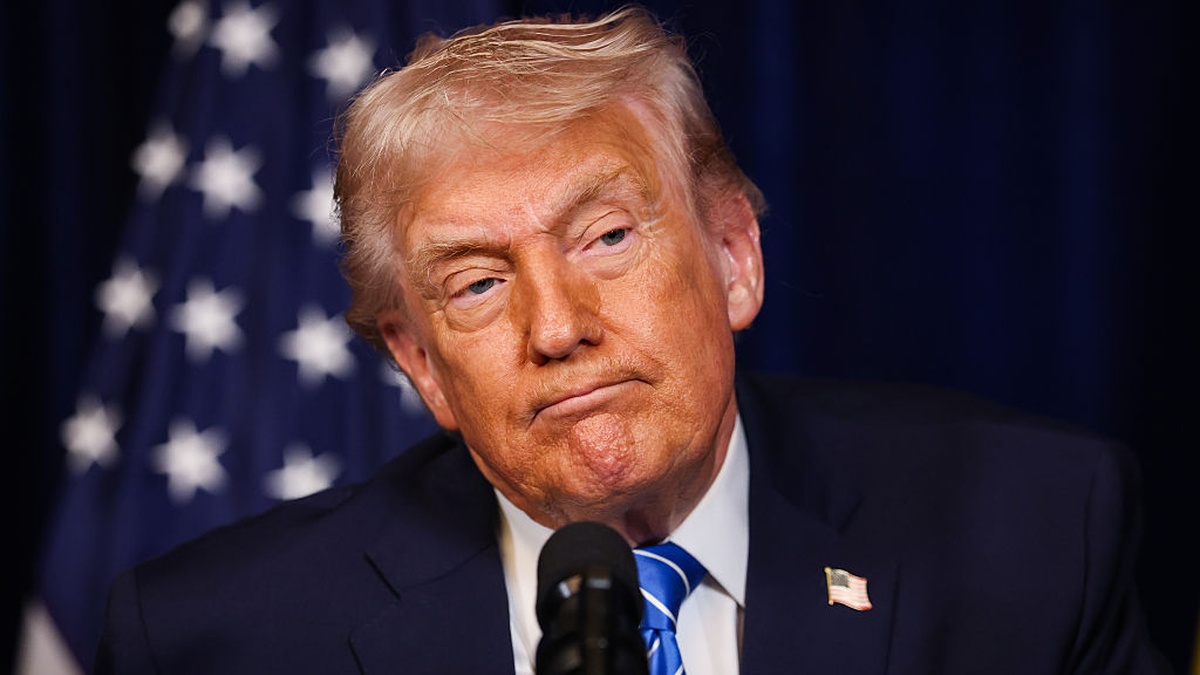
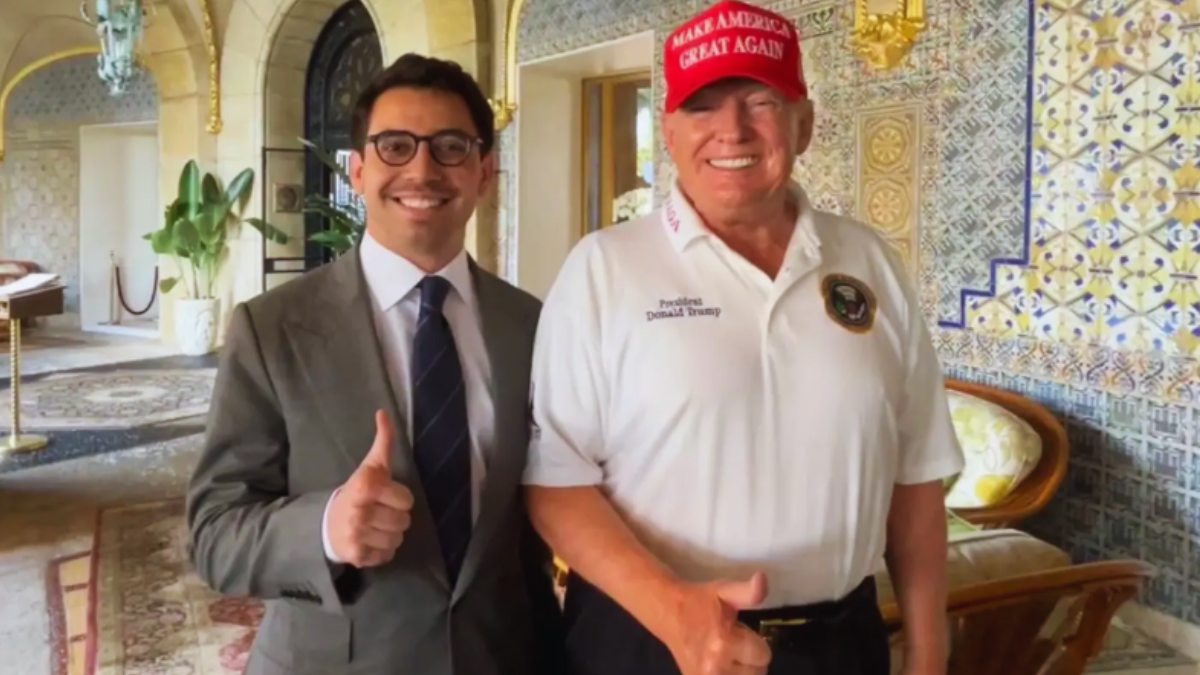
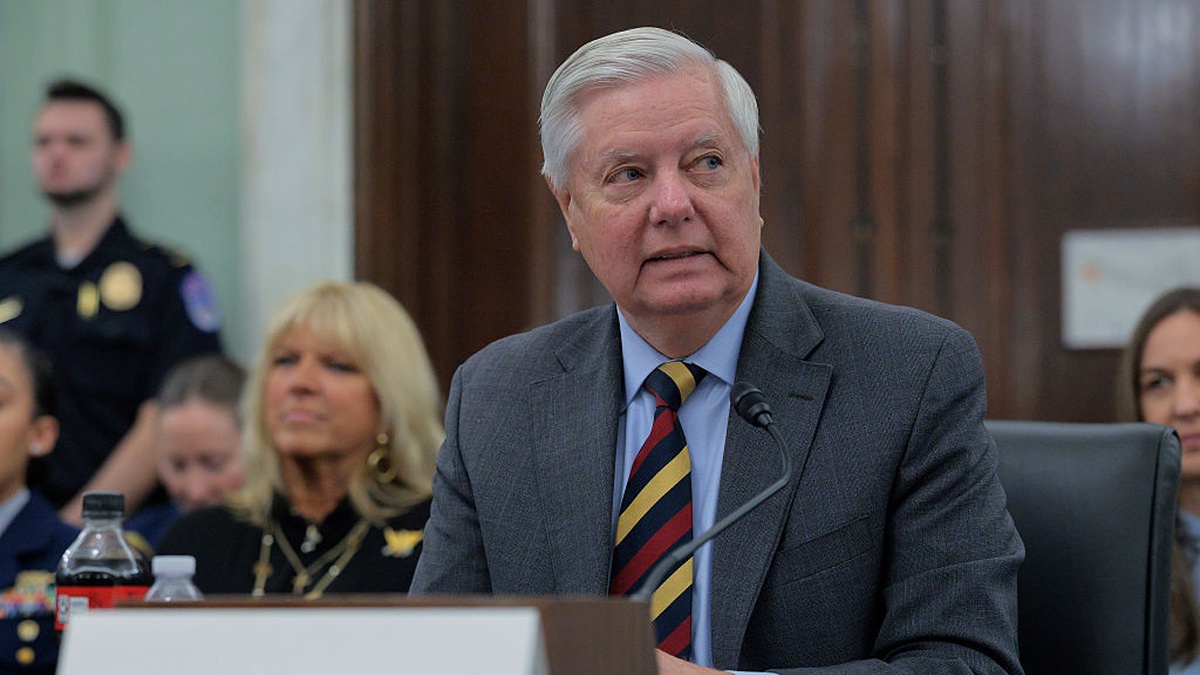
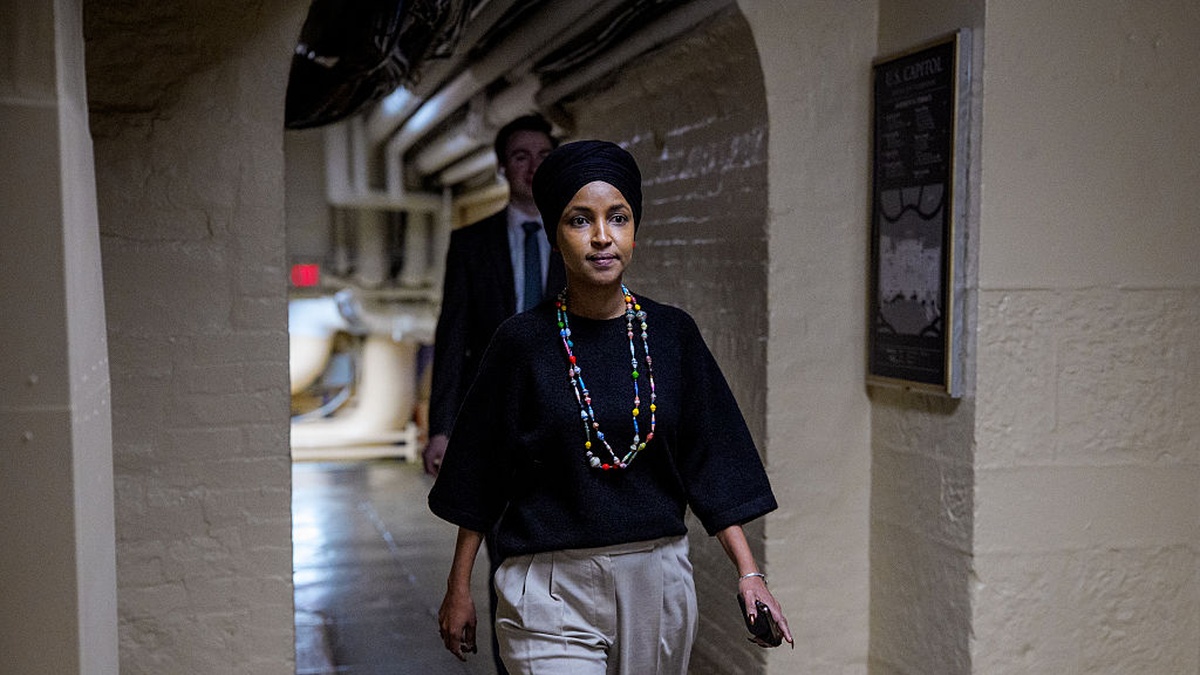

Published: Mar 16, 2024 02:24 pm